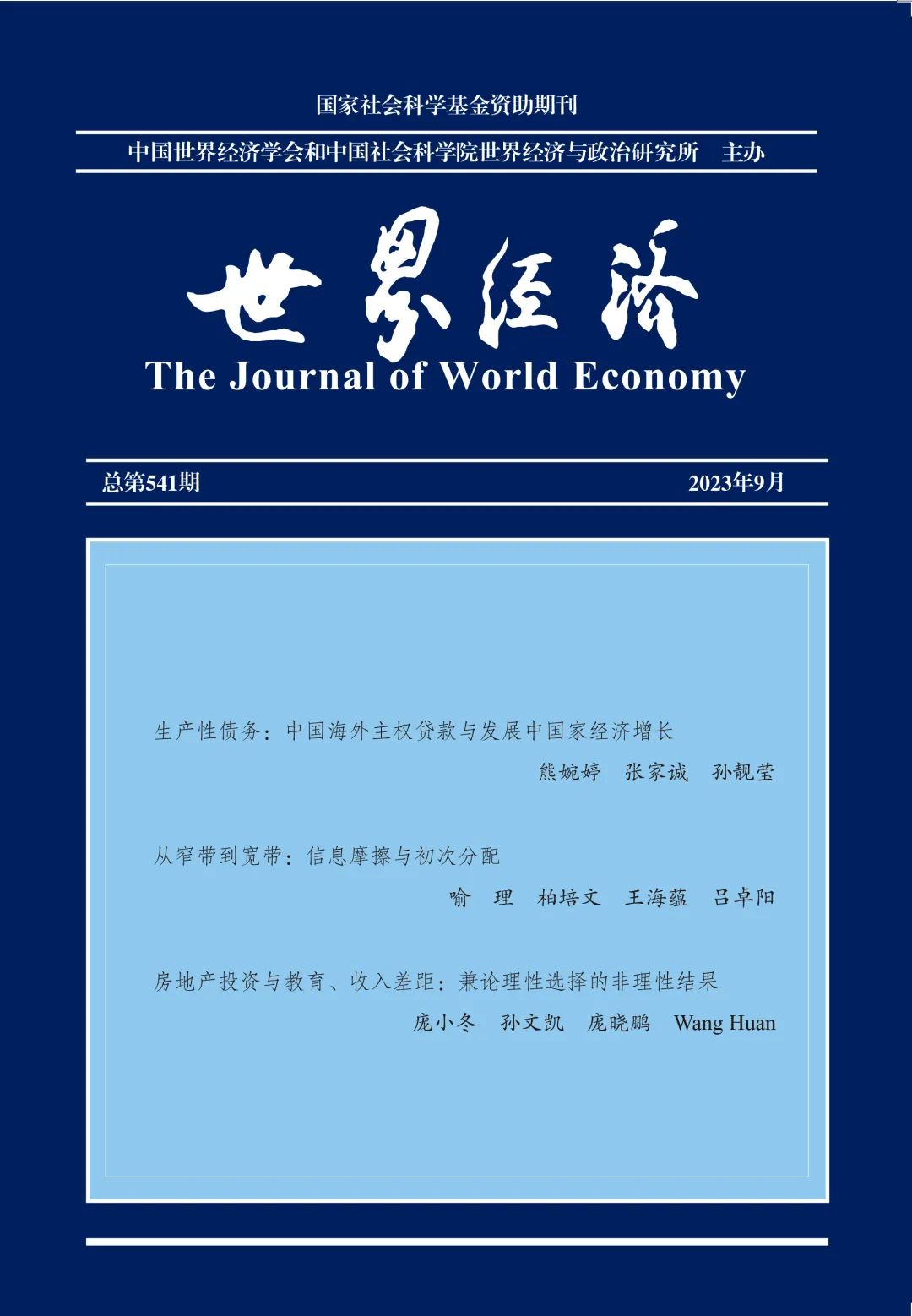
申洋,陳釗. 勒緊褲帶還是放手花錢:住房限購政策與中國城鎮居民消費[J]. 世界經濟, 2023, 46(9): 157-180.
Shen Yang; Chen Zhao. Tightening the Belt or Loosening the Purse Strings: Housing Purchase Restriction Policy and Urban Household Consumption in China[J]. The Journal of World Economy, 2023, 46(9): 157-180.
作者簡介:
申洋、陳釗(通訊作者)
意昂2官网中國社會主義市場經濟研究中心
內容簡介:
摘要:住房限購政策增加了一套房家庭的購房成本,這些家庭將轉而擴大其他消費,還是為買房進一步“勒緊褲帶”?本文利用中國城鎮住戶調查數據和雙重差分模型研究發現,相較非限購城市👳🏿,限購城市一套房家庭在限購政策實施後消費顯著下降,且主要體現在有處於“小升初”階段孩子和收入較低的一套房家庭上。盡管限購政策規定二套房家庭不能繼續購房,但有成年孩子二套房家庭的消費並沒有受政策影響👳🏿♂️。本文結論表明針對住房投機的限購政策效果會溢出到家庭消費決策🙇♀️,尤其會擠出有購房意願和收入較低家庭的消費。
關鍵詞:住房限購政策; 二套房;消費
Abstract:The implementation of the housing purchase restriction (HPR) policy has increased the cost associated with buying a second house, raising important questions about household consumption in China. This study uses data from Urban Household Survey (UHS) and a difference-in-differences empirical strategy to show that one-unit households in restricted cities significantly reduce their consumption following the HPR policy implementation. Families seeking school district homes and those with lower incomes further decrease their consumption. Although the HPR policy prohibits two- unit households from buying another house, it is found that families with adult children can circumvent its impact. The findings of this paper emphasise the spillover effects of the HPR policy on household consumption, particularly in families willing to make further home purchases and low-income families.
Key words:housing purchase restriction (HPR) policy, second house, consumption
 返回頂部
返回頂部